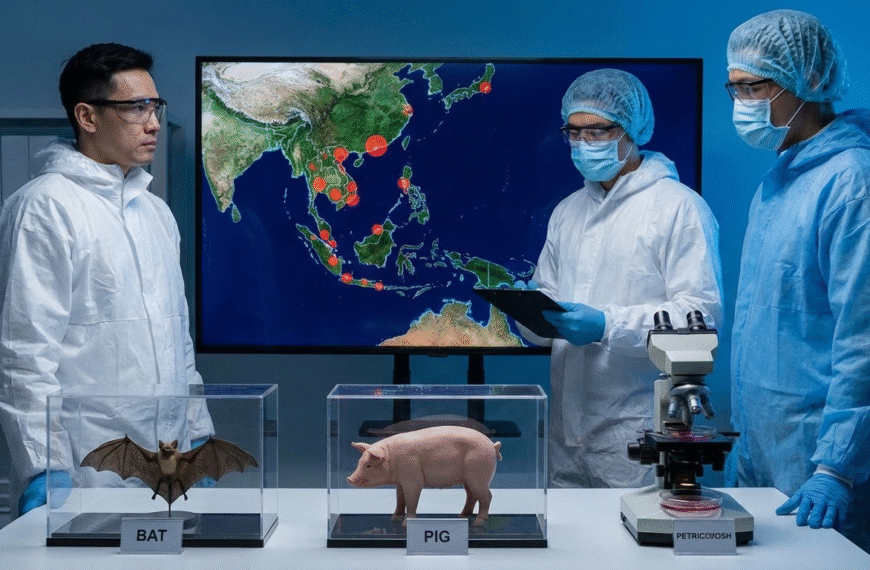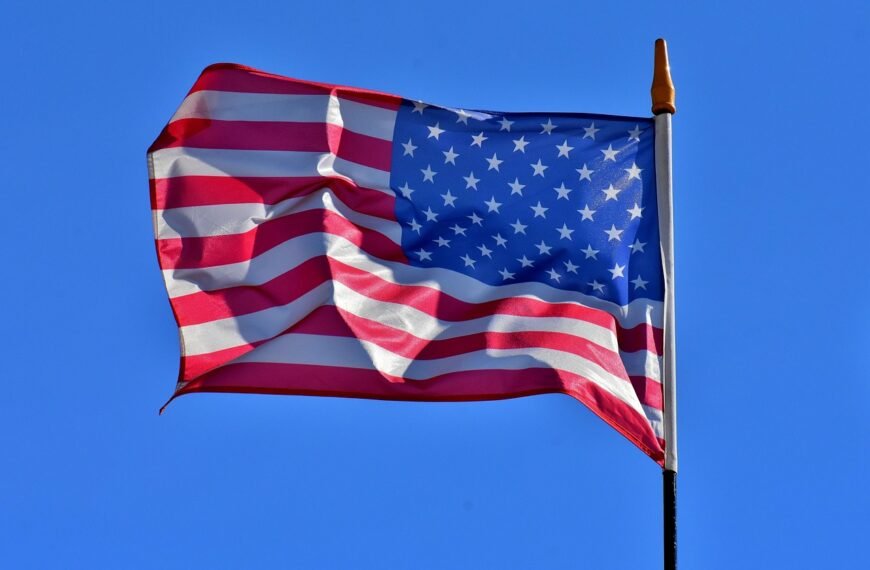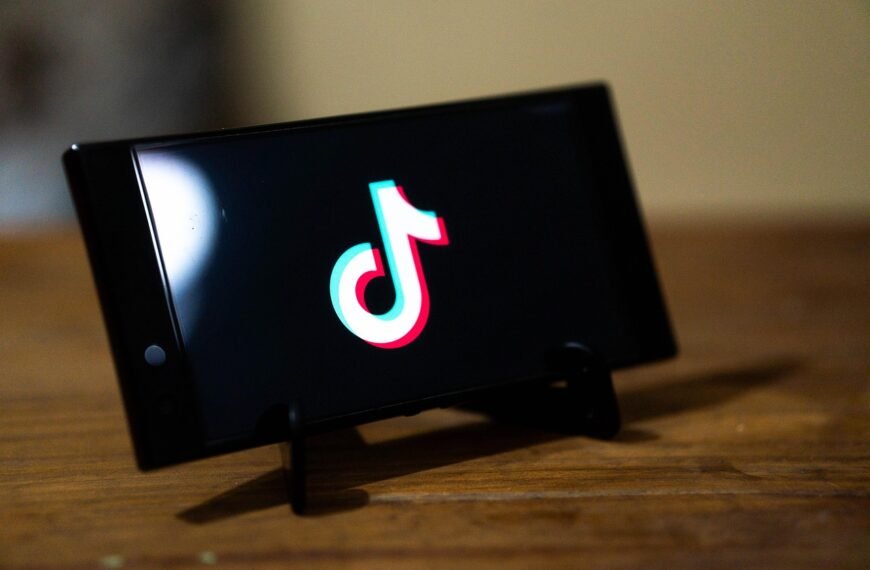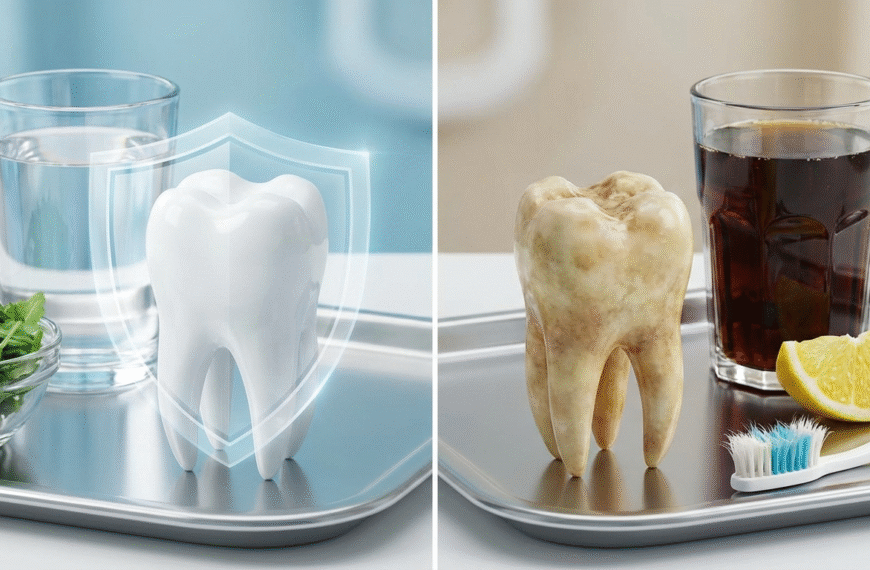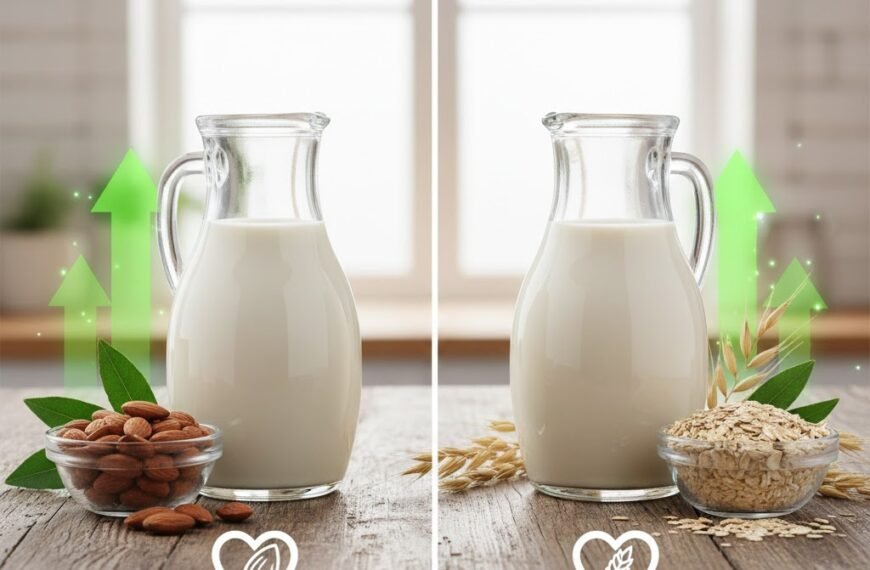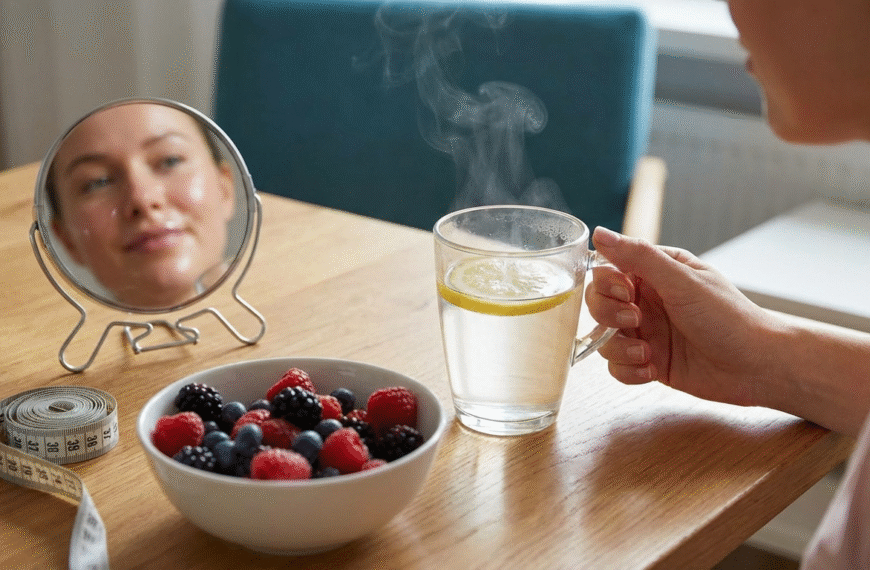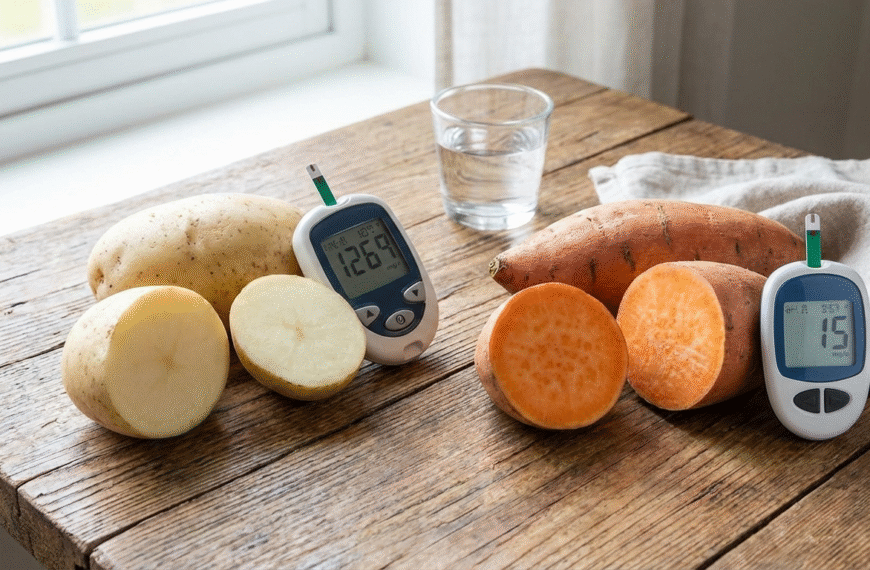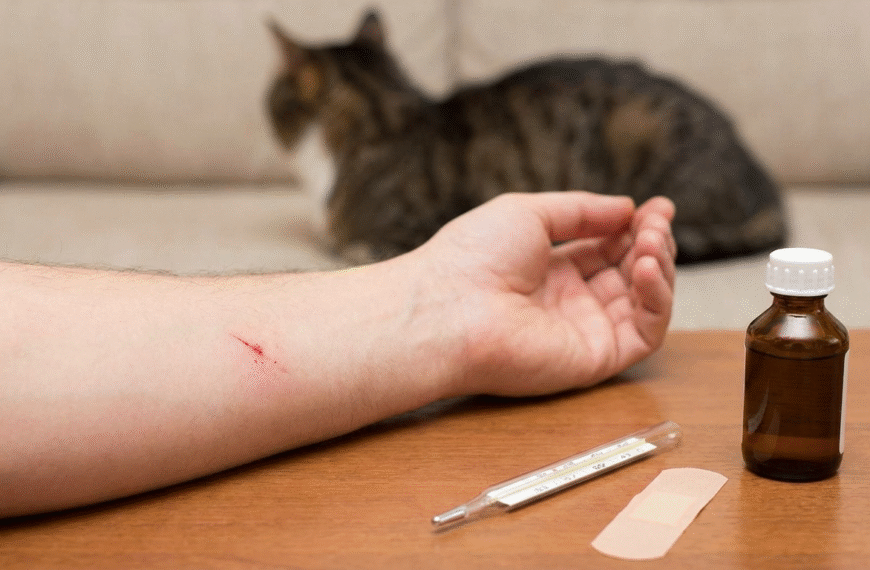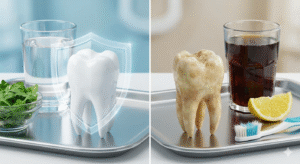Australia is making a big step forward by changing its blood and plasma donation rules. Starting July 14, more people will be able to donate plasma, including gay and bisexual men, and others in the LGBTQ + community.
Until now, strict rules stopped many people from donating if they had sex in the past three months with a same-sex partner. These rules were meant to reduce the risk of HIV transmission. But now, thanks to better testing and safety checks, those old rules are being replaced.
Australia will be the first country in the world to remove all sexual activity-based rules for plasma donation. This means more people will be able to help, and it could add 625,000 new donors.
Lifeblood, the national blood service, says these changes will keep donations safe while also making the system more fair. They worked with the University of New South Wales’ Kirby Institute to make sure the changes are safe and backed by research.
Under the new rules:
- People in a long-term relationship (6 months or more) with one partner can donate blood.
- Donors won’t be asked if they’ve had sex with men.
- Instead, all donors will be asked if they’ve had anal sex with new or multiple partners.
- If yes, they must wait 3 months to donate blood—but they can still donate plasma.
- People taking PrEP (HIV prevention medicine) can donate plasma too, but not blood.
- Only those with HIV or a partner with HIV can’t donate plasma at all.
Why is plasma donation safer? Plasma goes through a process called pathogen inactivation, which removes viruses and bacteria. This makes it very safe for patients who need it.
The full update for blood donation will come in 2026, but the plasma rule change starts on July 14.
Plasma is in high demand in hospitals across Australia. Lifeblood hopes that these changes will help more people donate and increase the supply of this life-saving resource.
Health groups and LGBTQ+ advocates say this is a welcome move. It helps reduce stigma and gives more people a chance to save lives.


